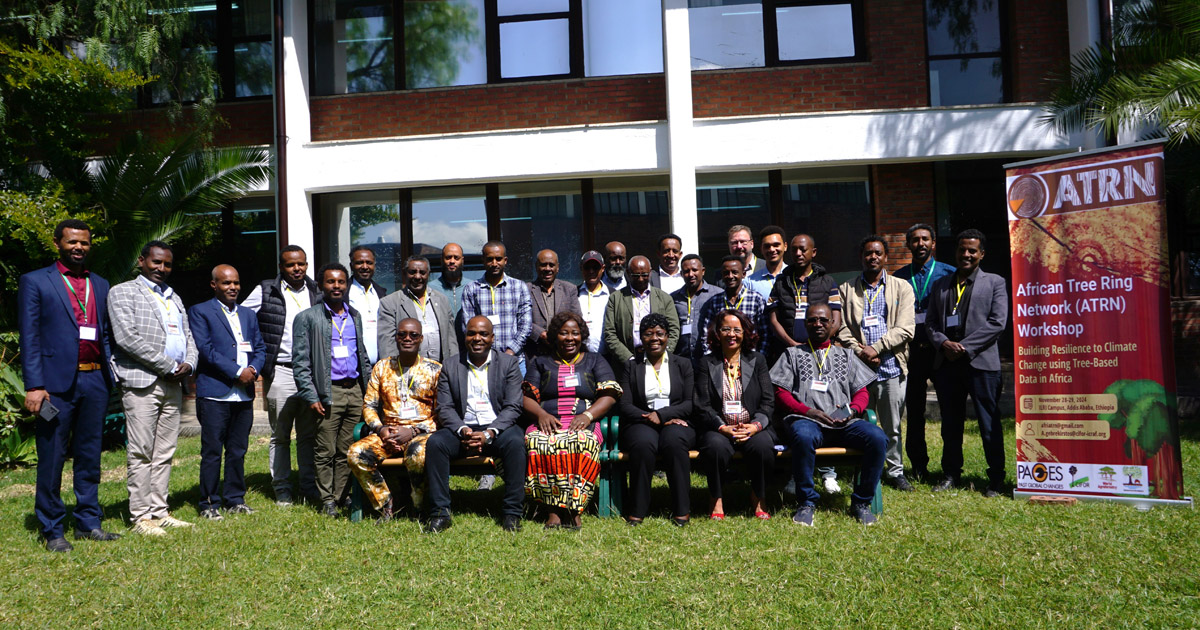Community forestry is pursued as rural development strategy in many tropical forest regions worldwide. In Tropical America, rich experiences have been accumulated with community forestry support initiatives and this chapter summarizes published and the author's hands on experiences. The chapter is divided in two parts. The first half focuses on the actual contribution of forests and trees to rural livelihoods, evidence that allows a more precise identification of the actual potential of communal forestry for rural development. The second half of the chapter reviews some of the challenges faced by community forestry development initiatives. The chapter critically reflects on generating profits, inserting communities in forest product value-chains, setting up community forestry enterprises and the challenge to adequately deal with complex regulations. By exploring the experiences of a handful of current community forestry initiatives in Amazonia, and with some reference to Central America, the potentials, limitations and challenges of communal and smallholder forestry are discussed.
Download:
Publication year
2010
Authors
de Jong, W.; Cornejo, C.; Pacheco, P.; Pokorny, B.; Stoian, D.; Sabogal, C.; Louman, B.
Language
English
Keywords
community forestry, community involvement, forest management, forests, indicators, indigenous knowledge monitoring, participation, sustainability, tropical forests, tropics























